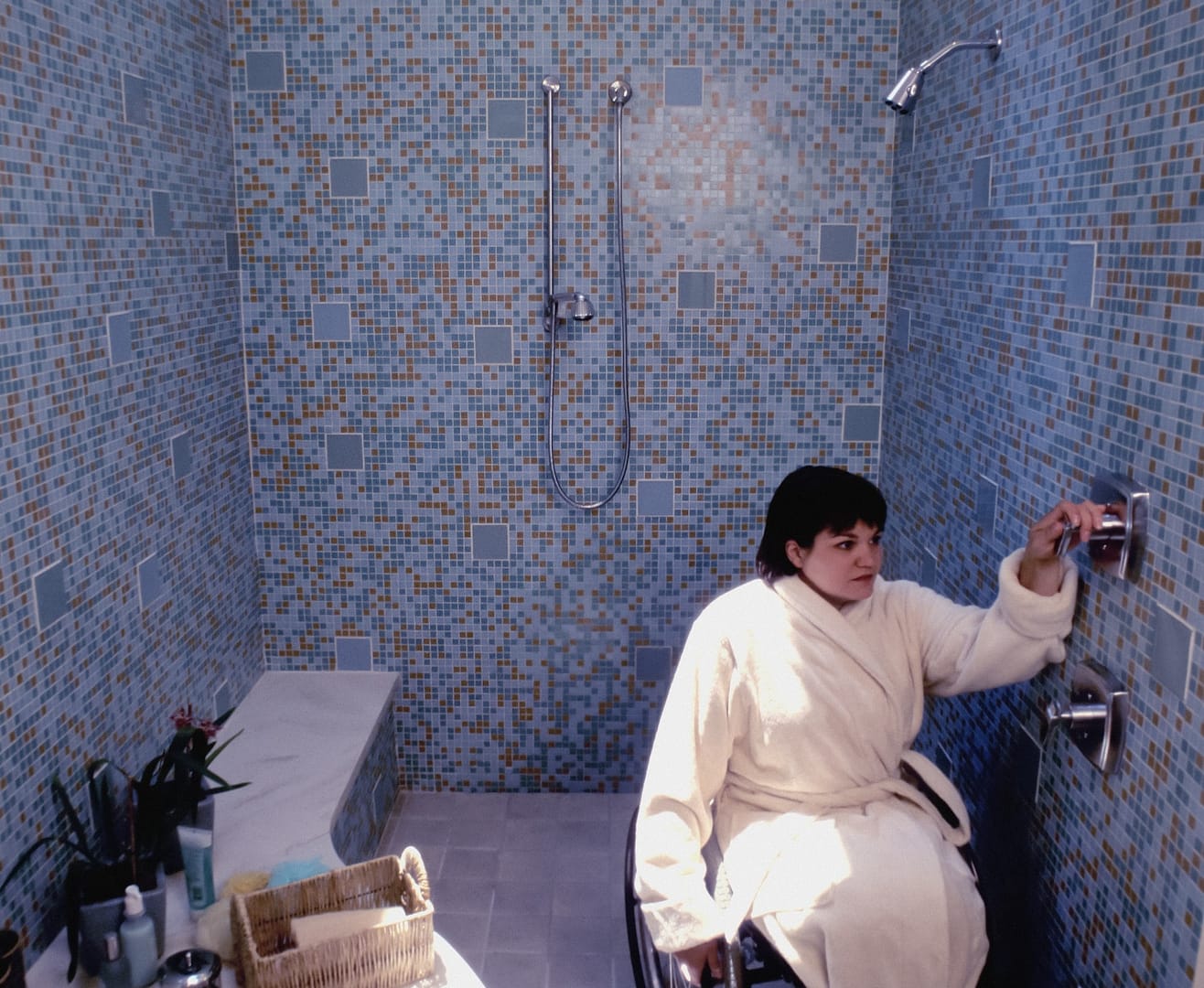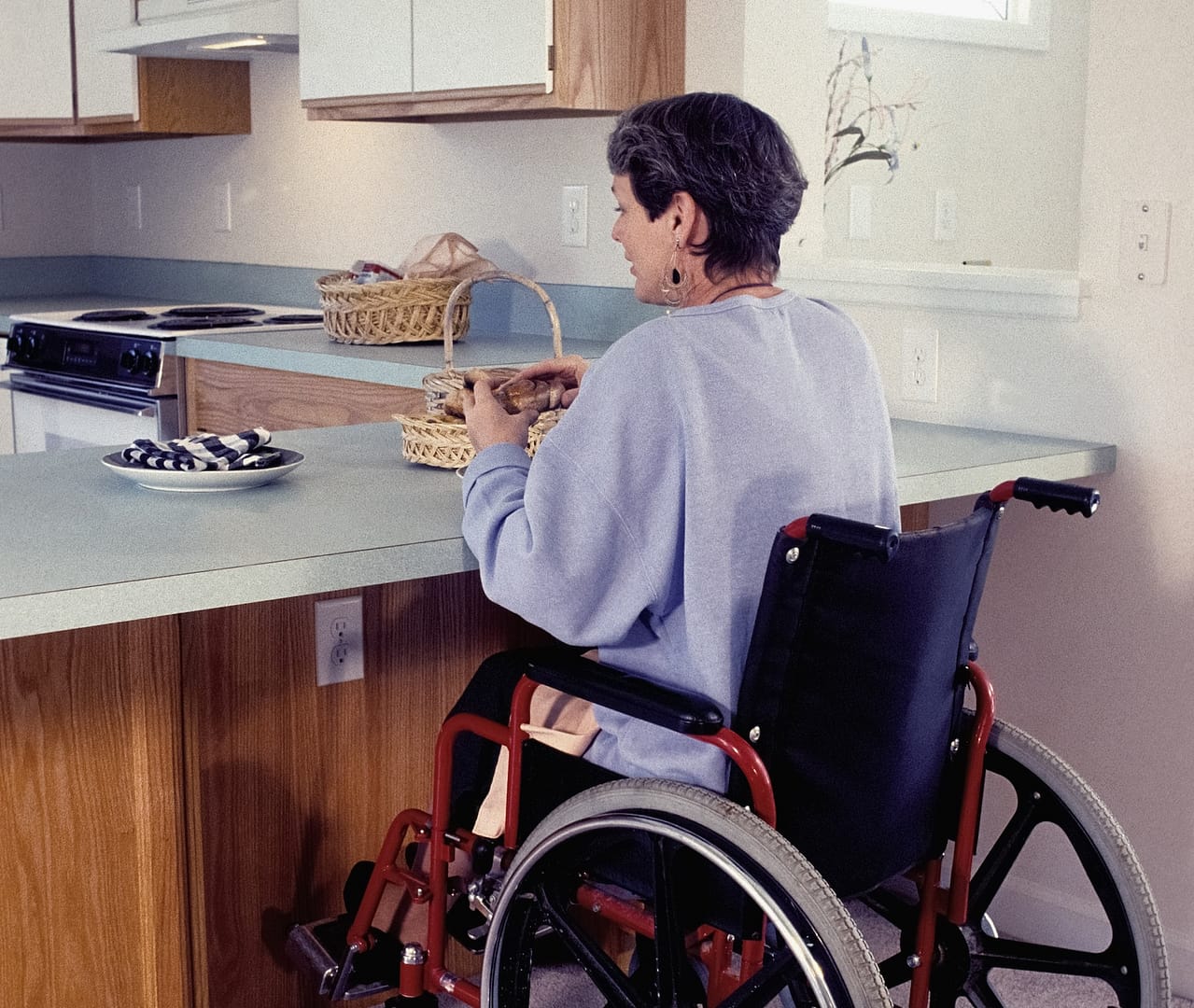Living with a spinal cord injury can be a life-altering experience. Suddenly, the once-familiar routines and activities become challenging to navigate. However, with the right adaptations, a person can regain their independence and create a safe and comfortable home environment. In this article, we will explore the various adaptations and adaptive equipment available for individuals after a spinal cord injury, helping them overcome obstacles and lead fulfilling lives. We will also highlight the steps you need to take to start a serious injury claim.
What is Adaptive Equipment after a Spinal Cord Injury?
Adaptive equipment refers to specialized tools and devices designed to assist individuals with disabilities in performing daily tasks and activities. After a spinal cord injury, adaptive equipment plays a crucial role in enhancing mobility, accessibility, and overall independence. These adaptations can range from simple modifications to more complex installations, depending on the individual’s needs.
Adaptations for Mobility
One of the primary challenges faced by individuals with spinal cord injuries is mobility. To address this, various adaptations can be made within the home to improve accessibility. Installing ramps or lifts at entrances allows easy entry and exit for wheelchair users. Wide doorways and hallway modifications provide ample space to maneuver mobility devices. Grab bars strategically placed in bathrooms and other areas offer stability and support while transferring or moving around.
Adaptive Equipment Examples
Let’s delve into some examples of adaptive equipment commonly used by individuals with spinal cord injuries:
Wheelchairs
Wheelchairs are indispensable tools for individuals with limited mobility due to spinal cord injuries. There are different types of wheelchairs available, including manual wheelchairs, power wheelchairs, and standing wheelchairs. Each type caters to specific needs, providing individuals with the means to move around independently.
Transfer Aids
Transfer aids are essential for individuals with limited upper body strength or paralysis below the waist. Devices such as transfer boards, sliding boards, and transfer poles assist in transferring from one surface to another, like from a wheelchair to a bed or a car seat. These aids ensure safe and efficient transfers, reducing the risk of injury.
Lift Systems
Lift systems are designed to assist individuals with limited mobility in transferring from one position to another, such as from a wheelchair to a bed or a bath. Ceiling-mounted lifts or portable lifts can be installed to provide support during transfers, alleviating strain on caregivers and promoting independence.
Adaptive Utensils
Adaptive utensils are specially designed tools to help individuals with limited hand dexterity or grip strength during meal times. These utensils feature ergonomic handles, built-up grips, or weighted designs, making them easier to hold and control. By using adaptive utensils, individuals can regain independence in feeding themselves.
Environmental Control Systems
Environmental control systems enable individuals with limited mobility to control various aspects of their home environment, such as lighting, temperature, and entertainment systems, using assistive devices like voice recognition or switches. These systems empower individuals to make adjustments without relying on physical assistance, fostering a sense of autonomy.
Enhancing Accessibility and Safety
Apart from adaptive equipment, other adaptations can be made within the home to enhance accessibility and safety for individuals with spinal cord injuries.
Accessible Bathroom
Modifying the bathroom is crucial for individuals with spinal cord injuries. Installing roll-in showers or shower chairs allows for easier bathing, while grab bars near the toilet and in the shower offer stability and support. Lowering the sink height and installing lever faucets enables wheelchair users to perform daily hygiene tasks independently.

Kitchen Modifications
In the kitchen, adaptations can be made to facilitate independent cooking and meal preparation. Lowering countertops and sinks allows individuals in wheelchairs to comfortably work and clean up. Installing pull-out shelves and adjustable height cabinets ensures easy access to kitchen essentials and reduces the need for reaching or bending.
Bedroom Adaptations
The bedroom should be a safe and comfortable space for individuals with spinal cord injuries. Adjustable beds or bed rails can be installed to assist with transfers and provide support while sleeping. Adequate space around the bed allows for easy maneuverability of mobility devices. Additionally, organizing essential items within reach, such as a phone or remote control, promotes independence and convenience.
Smart Home Technology
Advancements in technology have paved the way for smart home solutions that greatly benefit individuals with spinal cord injuries. Smart home devices, such as voice-controlled assistants or home automation systems, allow individuals to control various aspects of their home environment, from adjusting the lights to opening doors, using simple voice commands. These innovations empower individuals to have greater control over their surroundings and enhance their overall independence.
Making a Serious Injury Claim
Sustaining a spinal cord injury can result in significant physical, emotional, and financial burdens. In many cases, these injuries occur due to accidents or incidents caused by the negligence of others. If you or a loved one has experienced a spinal cord injury, it’s essential to explore your options for making a serious injury claim.
Seeking Legal Guidance
When pursuing a serious injury claim, it’s important to seek the assistance of one of our experienced claims specialists. We specialise in handling cases related to spinal cord injuries and can guide you through the complex claims process. We will work diligently to gather evidence, negotiate with insurance companies, and fight for your rights to ensure you receive fair compensation for your injuries.
Assessing Damages
A crucial aspect of making a serious injury claim is assessing the damages caused by the spinal cord injury. This includes considering medical expenses, both present and future, rehabilitation costs, lost wages or earning capacity, and any necessary modifications to your home or vehicle. By carefully evaluating these damages, you can present a comprehensive claim that accurately reflects the financial impact of your injury.
Conclusion
Dealing with a spinal cord injury is a challenging journey, but seeking justice through a serious injury claim can provide much-needed support and resources. By partnering with us at National Claims and following the necessary legal steps, you can assert your rights and pursue fair compensation for your injuries. Remember to gather all relevant evidence, assess your damages accurately, and be prepared for negotiations or litigation, depending on the circumstances of your case. Ultimately, making a serious injury claim aims to alleviate some of the financial burdens caused by your spinal cord injury and help you move forward with greater peace of mind and financial security.
Contact us today and start your claim as well as to learn more about National Claims.
Click below to see why we are one of the most trusted claims management companies in the UK.

We’re proud of our excellent customer reviews
We thrive on delivering exceptional service and ensuring our clients’ satisfaction. Don’t just take our word for it. Check out some of our independent reviews to see what our clients have to say.
Excellent

This firm is excellent, they sorted out my car pay out and injury claim very fast, they always communicate with you all the time.

My accident case was dealt with confidence and with great result of the outcome, especially James kept me informed all the time.

I was very impressed at the way my inquiry was treated. I was listened to attentively and everything I needed to know was explained to me.






